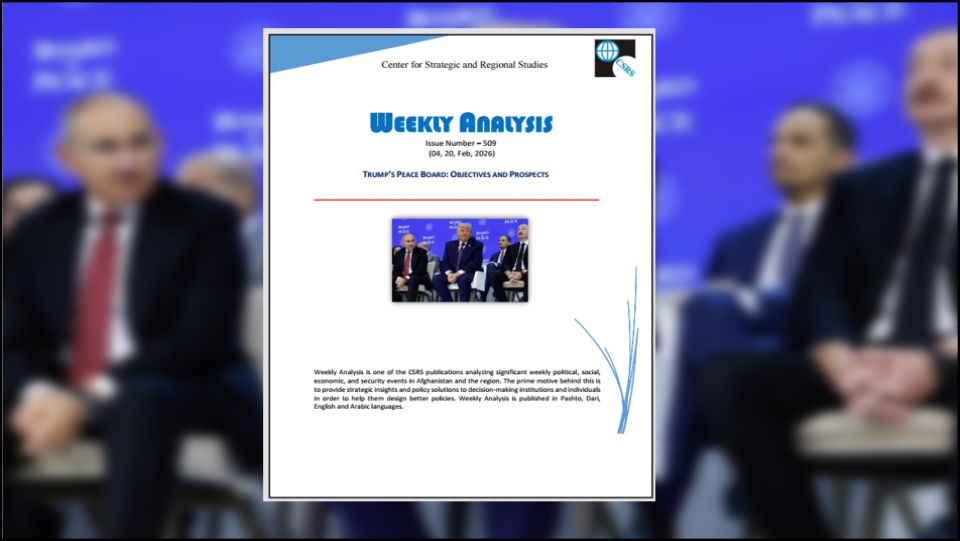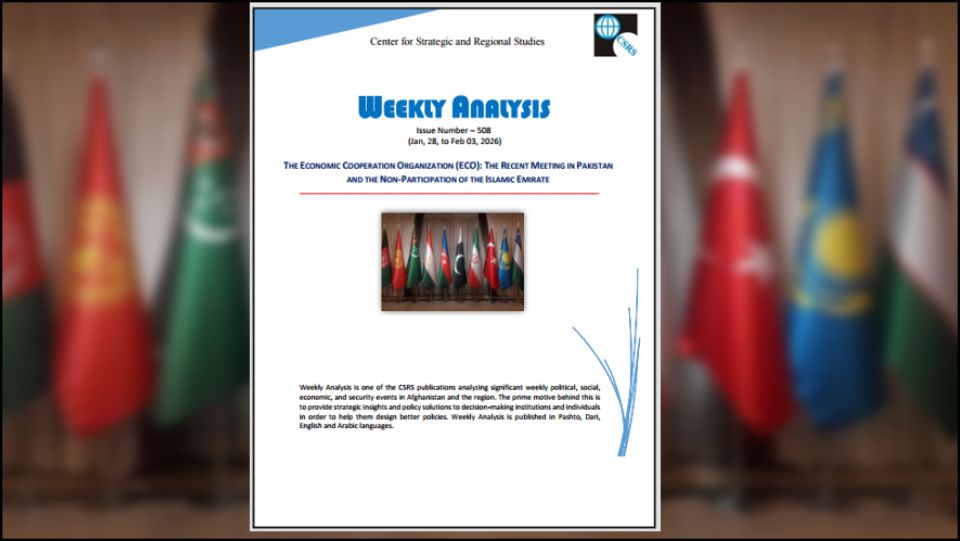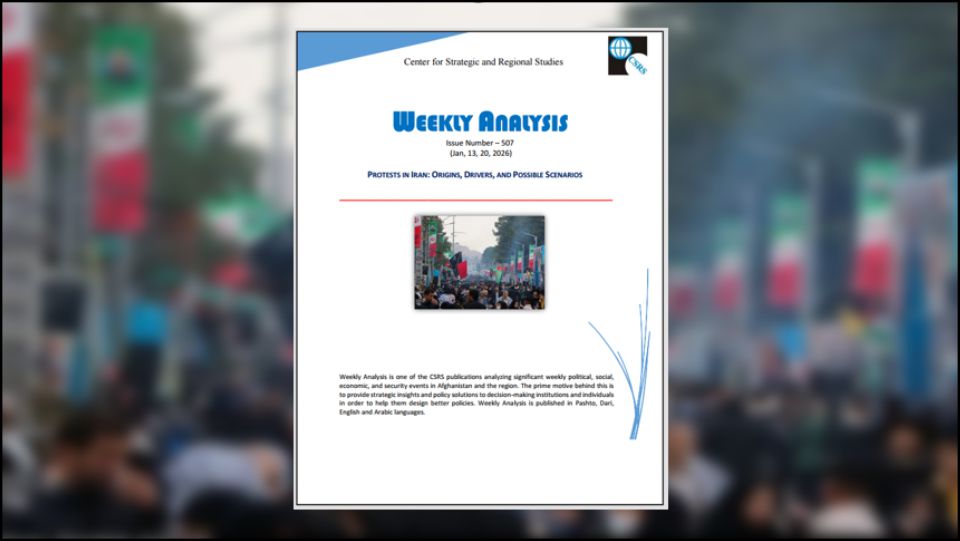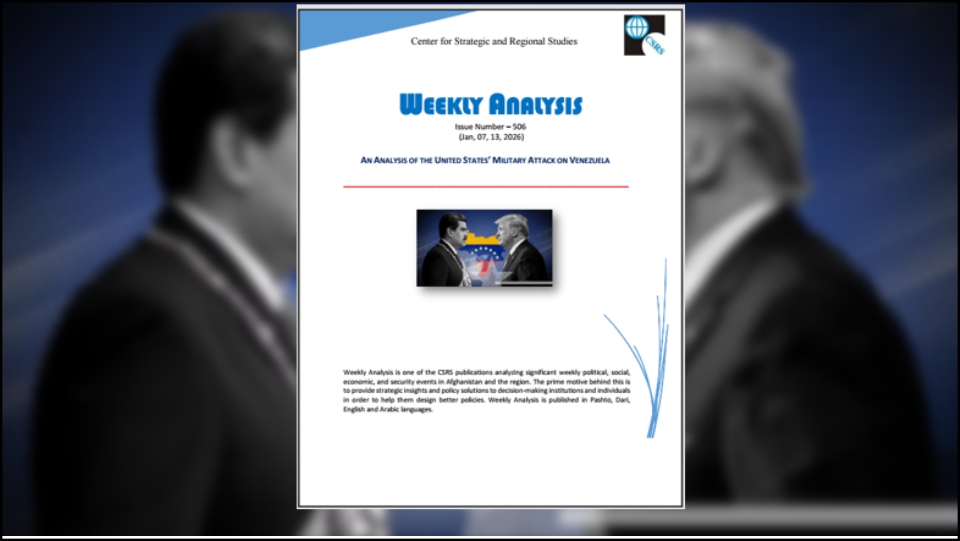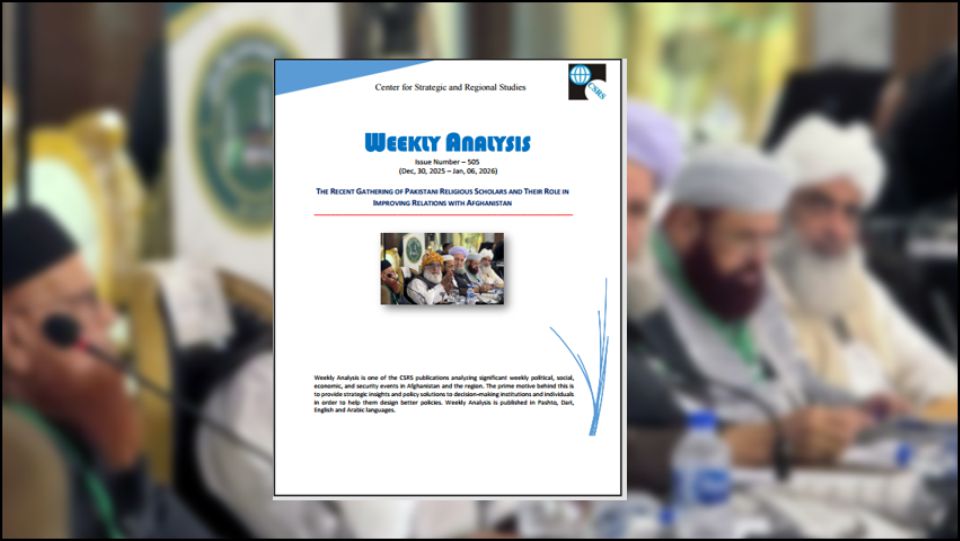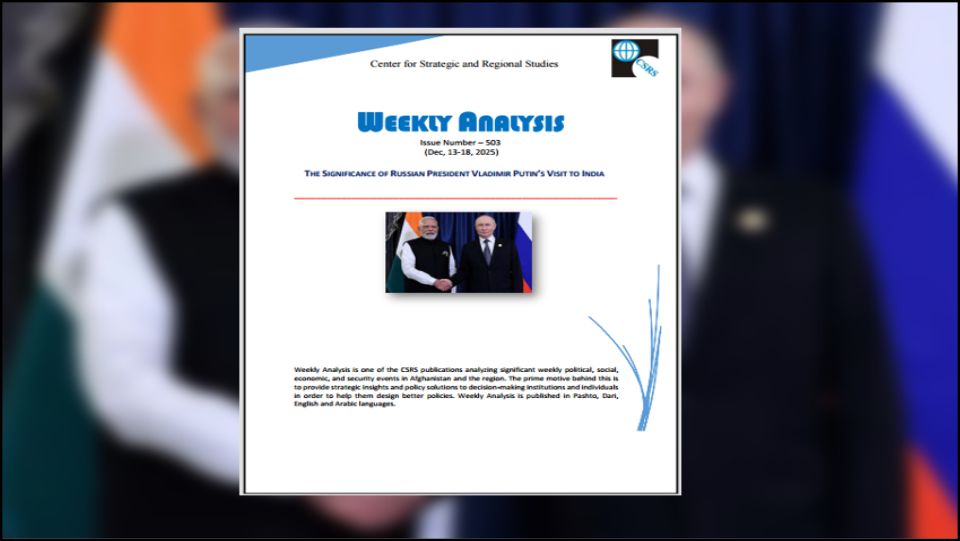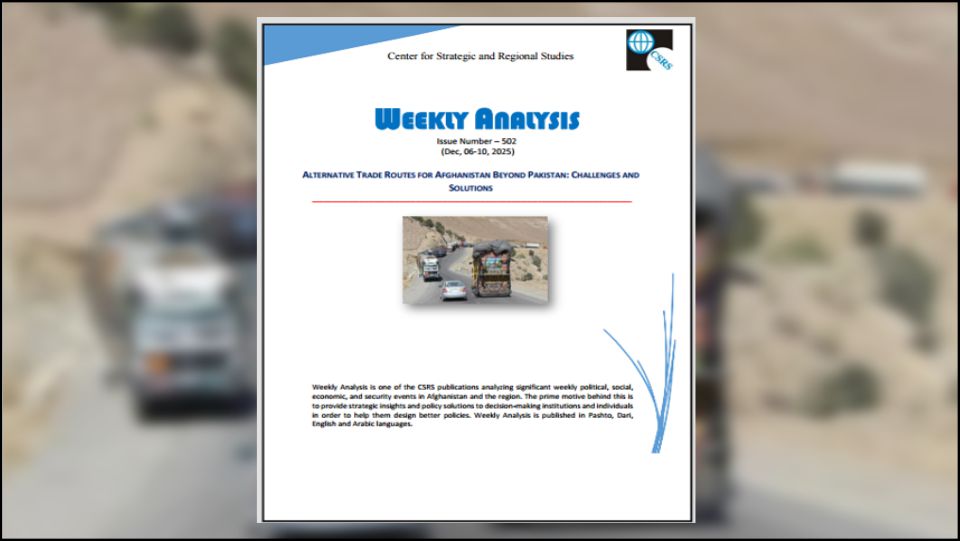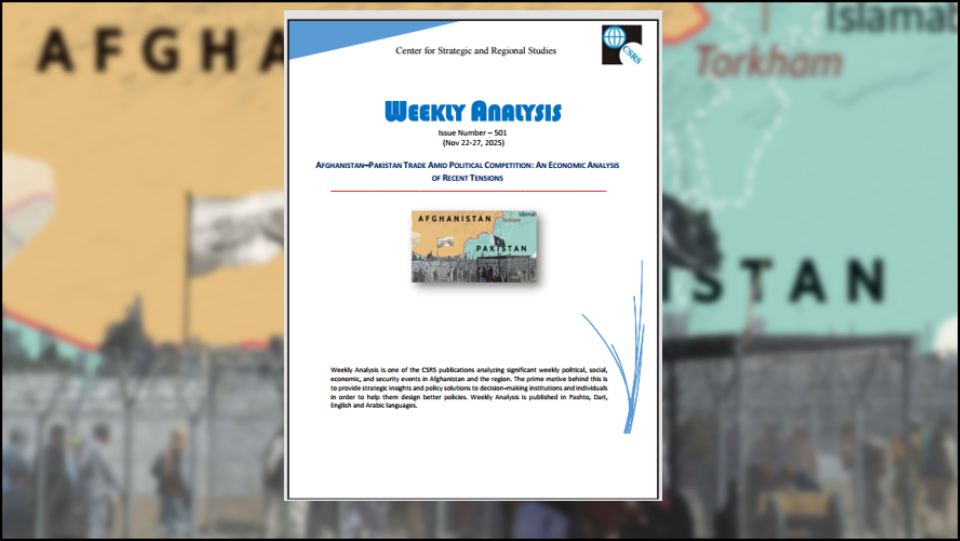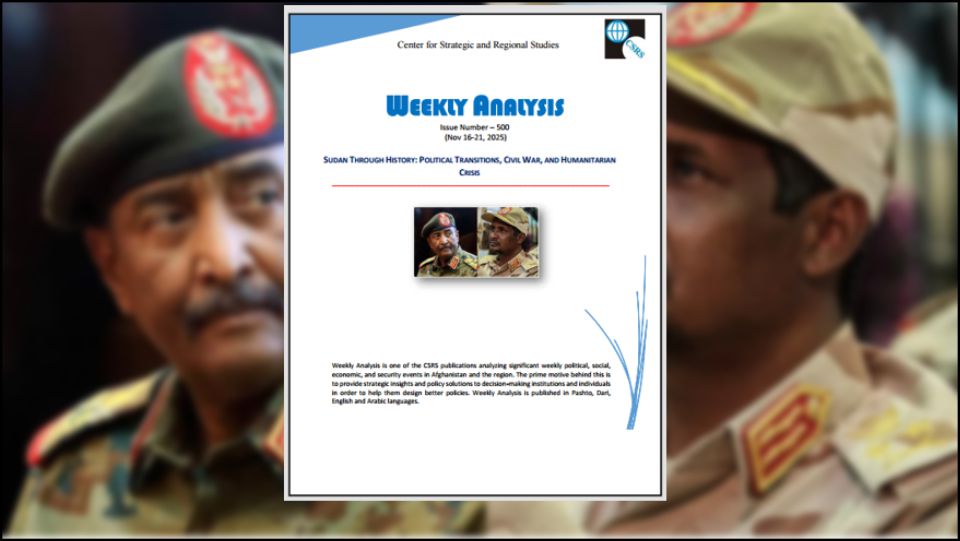Trump’s Peace Board: Objectives and Prospects
The Peace Board established by Donald J. Trump has been publicly presented as an initiative to end the Gaza war and contribute to the resolution of international conflicts. However, an examination of its charter indicates that the Board does not constitute a neutral multilateral international organization, but rather a highly personalized institution under Trump’s direct control.

